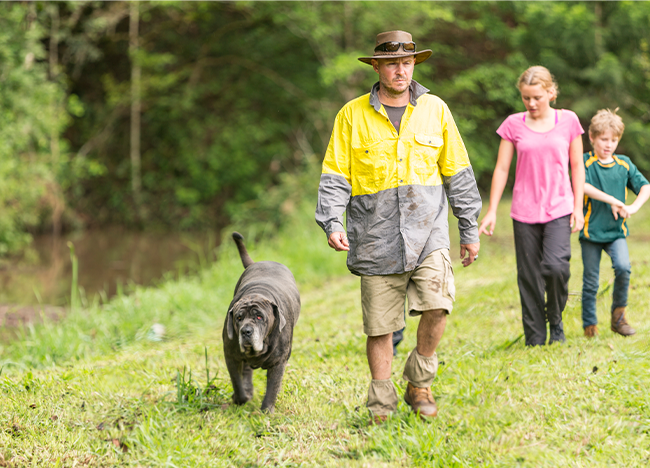Every year, natural disasters affect thousands of families and communities across America. Whether your area faces tornadoes, wildfires, hurricanes, or flooding, we all know the importance of being prepared . While most of our preparedness focus on the safety of our families and property, it is also important to ensure that your finances are protected. In this blog post, we’ll talk about the top three things to do to prepare your finances before disaster strikes.
Creating an Emergency Fund
One of the most crucial steps to being prepared is building up an emergency fund. Having money set aside beforehand will help you be able to handle the recovery from a natural disaster. Come up with a goal amount to have on hand by thinking of your regular living expenses – food, medical care, housing costs, etc. It is a good idea to save up enough to cover three to six months’ worth of living expenses. While that is a big investment for a lot of people, it is important to start somewhere. Even if you can’t put away much at a time, starting now and making consistent contributions to build up your emergency fund will help you in the long run. You may consider a savings or Money Market Account that allows you to automatically contribute to your emergency fund directly from your paycheck or through a recurring transfer from your other accounts.

Reviewing Your Insurance Coverage
Insurance plays an important role in safeguarding your finances during a natural disaster. Take time now to look into your current insurance coverage to make sure that it provides enough protection for your property, your family, and your finances. This includes homeowner’s or renter’s insurance, automobile, health, and life insurance. Depending on the specific risks in your area and your own situation, you may consider specific policies like flood insurance or windstorm coverage, Valuable Personal Property Insurance, or Umbrella insurance, which are typically not included in most homeowner’s and renter’s policies. It is a good idea to review your coverage with your Farm Bureau Agent to ensure the amount and types of coverage you have meets the requirements for all possible hazards, and that it puts you in the best possible financial position. They can help you assess your risks and build a plan that fits your needs.
Organizing Your Financial Documents
When disaster strikes, having quick access to important financial documents can make a big difference. Gather all of your important documents such as insurance policies, identification cards, birth certificates, auto and equipment titles, and property deeds. Store your important documents in a secure, waterproof container that you can take with you if you need to evacuate. Keep an updated list of your financial accounts, contact information, and any passwords you need to access them.

Conclusion
Being financially prepared before a natural disaster can provide invaluable support in times of crisis. By building an emergency fund, reviewing your insurance coverage, and organizing your important documents, you can protect your finances and more easily recover from a crisis situation. If you haven’t done these things already, start now to secure you and your family’s future.
Remember, many disasters can occur with little to no warning, so it is important to act now. Taking these steps will help you work towards protecting your financial well-being. Stay tuned for our upcoming blog posts, where we’ll explore more strategies for financial preparedness during and after natural disasters. For more information and assistance, be sure to check out the resources provided below.
Emergency Financial First Aid Kit
Farm Bureau Bank’s Disaster Relief Program
Tags: mortgage, personal finance,
